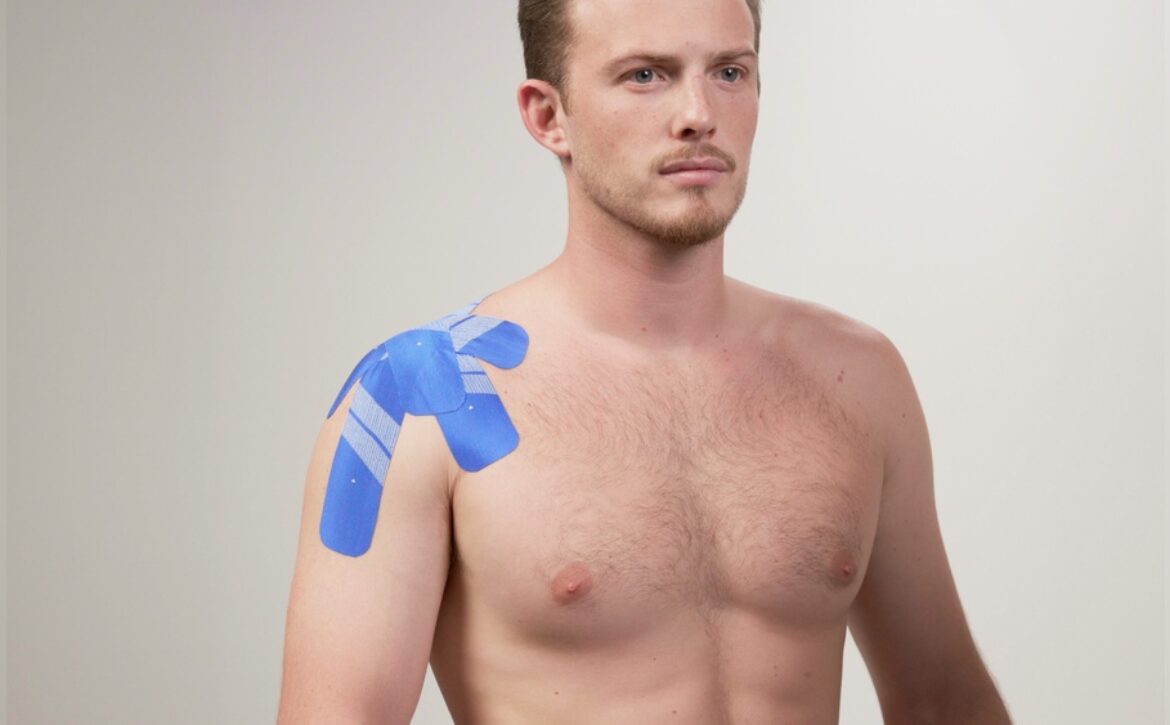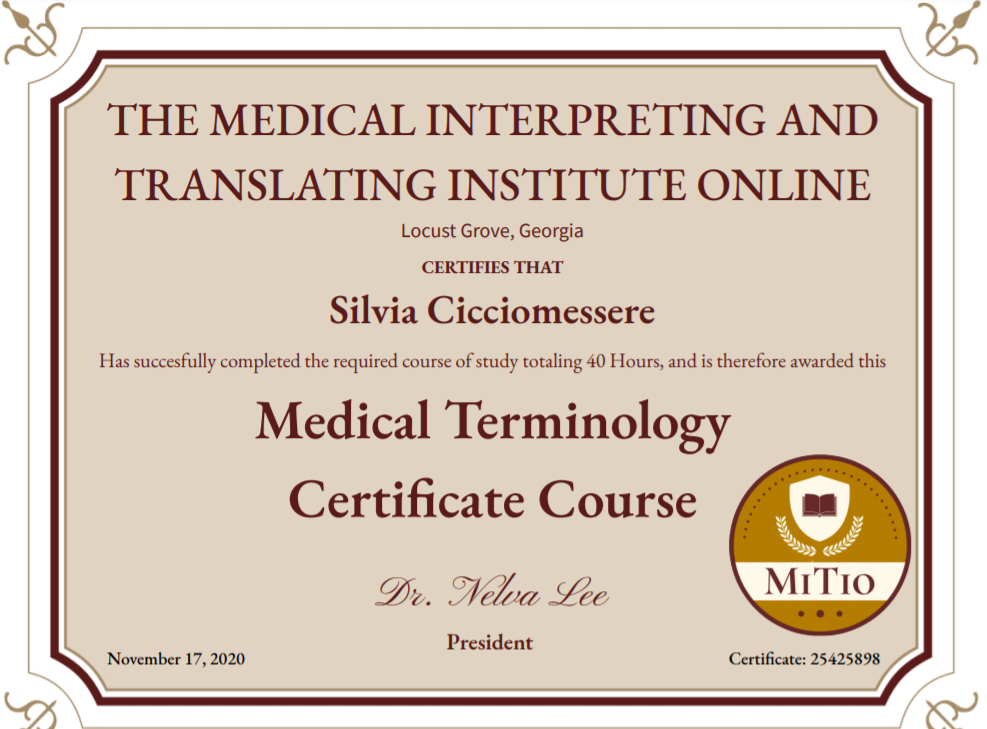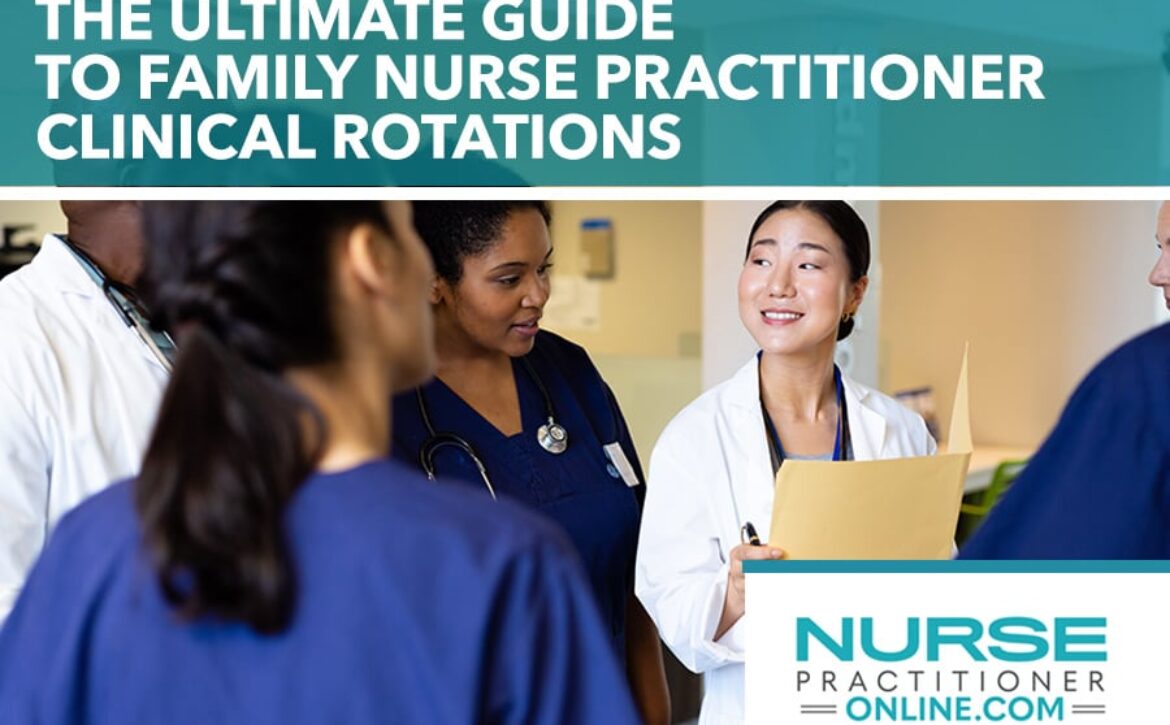
How to Become a Medical Terminology Expert: Step-by-Step Guide
Imagine being in a hospital and hearing doctors and nurses speak a language that sounds almost foreign. That’s medical terminology.
It’s like a secret code that helps healthcare professionals communicate with precision and efficiency. But what if you could crack that code? What if you could understand and even speak this language fluently? Becoming proficient in medical terminology can open doors to exciting career opportunities and make you an invaluable asset in the medical field.
You might wonder, “Is it complicated? ” Or “Where do I even start? ” Don’t worry. This guide is designed just for you. It will simplify the process, breaking down complex terms into easy-to-grasp concepts. By the end, you’ll not only understand medical terminology but also feel confident in your newfound skills. Dive in and discover how this knowledge can enhance your career and make you a standout candidate in the healthcare industry. Keep reading, because unlocking this secret language might just be the key to your future success.
Benefits Of Medical Terminology Expertise
Understanding medical terminology can greatly benefit your career and communication skills. This expertise opens doors to various opportunities in the healthcare industry. You will find it easier to communicate complex information clearly and effectively. Let’s explore some key benefits of mastering medical terminology.
Career Opportunities
Expertise in medical terminology can enhance your job prospects. Many healthcare roles require understanding of medical terms. Jobs in coding, billing, and transcription benefit from this knowledge. You can work in hospitals, clinics, or insurance companies. Some positions offer remote work options. This flexibility can improve your work-life balance.
Enhanced Communication
Medical terminology expertise improves your communication with healthcare professionals. You will understand doctors and nurses better. This understanding reduces errors and misunderstandings. Patients will trust you more if you explain things clearly. Effective communication is key in healthcare settings. It ensures patient safety and satisfaction.
Understanding The Basics
Understanding the basics of medical terminology is crucial for healthcare careers. This knowledge forms the foundation of effective communication in medical settings. Medical terms might seem complex, but they are often built from common word parts. Learning these basics can simplify the process of understanding and using medical terminology.
Common Prefixes And Suffixes
Prefixes and suffixes are key components in medical terms. Prefixes appear at the beginning of a word. They often describe location, time, or number. For example, “hyper-” means excessive or above. “Hypo-” means below or deficient. Suffixes come at the end of a word. They usually indicate a procedure, condition, or disease. “-itis” means inflammation, while “-ectomy” refers to removal or excision. Grasping these elements can help you decode complex terms.
Root Words In Medicine
Root words are the core part of medical terms. They provide the main meaning of the word. Many root words come from Latin or Greek. “Cardi” refers to the heart. “Neuro” relates to the nerves. Recognizing root words allows you to understand the central concept of a term. This understanding aids in identifying related medical conditions and procedures.
Educational Pathways
Embarking on a journey to understand medical terminology involves specific educational pathways. These pathways are structured to equip you with the knowledge required in healthcare settings. Learning medical terms is crucial for those pursuing medical coding, transcription, or healthcare administration. This guide will explore the courses and certifications needed and how to choose the right program for you.
Relevant Courses And Certifications
A variety of courses can help you grasp medical terminology. Many community colleges offer introductory classes focused on healthcare vocabulary. These courses often cover anatomy, physiology, and the language used in medical documentation. Certification programs are available online or in-person. They provide a structured learning experience and assess your knowledge through exams.
Certifications can enhance your credibility. They demonstrate your expertise in medical terminology. Look for programs that offer recognized certifications. These credentials can boost your resume when applying for jobs in healthcare.
Choosing The Right Program
Picking the right program is vital for your success. Consider your learning style and schedule. Online courses offer flexibility for those with busy lives. In-person classes provide direct interaction with instructors. Evaluate the curriculum to ensure it covers essential topics. Research the reputation of the institution offering the course.
Check reviews and testimonials from past students. Ensure the program aligns with your career goals. Some courses may focus on specific areas like medical coding or transcription. Select a program that matches your interests and future plans. This will make the learning experience more rewarding.

Effective Study Techniques
Mastering medical terminology requires effective study techniques. These techniques help in remembering complex terms easily. They can simplify learning and ensure better retention. Let’s explore some proven methods to enhance your study routine.
Flashcards And Mnemonics
Flashcards are a great tool for memorization. Write terms on one side and definitions on the other. This helps in quick revision and self-testing. Mnemonics make learning fun and memorable. Create a catchy phrase or acronym for complex terms. This technique aids in recalling information effortlessly.
Regular Practice And Repetition
Consistency is key in learning medical terminology. Practice regularly to reinforce your knowledge. Repetition solidifies memory and understanding. Schedule daily or weekly study sessions. This keeps information fresh and accessible. Repetition helps in mastering terms over time.
Utilizing Technology
Technology has transformed how we learn, and mastering medical terminology is no exception. As a medical professional or student, you have access to a range of tech tools that can simplify your learning process. By integrating technology into your study routine, you can enhance your understanding and retention of complex medical terms.
Apps And Online Resources
Imagine having a medical dictionary in your pocket. Apps like MedTerm and Quizlet allow you to look up terms instantly and quiz yourself anytime. Many of these apps offer audio pronunciations, which can be a lifesaver when you’re struggling with tricky words.
Online platforms such as Coursera and Khan Academy offer free courses on medical terminology. These resources are structured to fit around your busy schedule, allowing you to learn at your own pace. Have you considered how these tools could fit into your daily routine?
Interactive Learning Tools
Interactive tools make learning dynamic and engaging. Websites like Anki offer flashcard systems that use spaced repetition to help you remember terms more effectively. This method leverages the power of technology to reinforce your memory just when you’re about to forget a term.
Virtual reality (VR) is another exciting tool in medical education. Imagine practicing medical scenarios in a 3D environment where you can apply your terminology skills in real-time. This hands-on approach can boost your confidence and make learning feel less daunting.
Have you tried using interactive quizzes and games to test your knowledge? These tools can turn learning into a fun and competitive activity, helping you stay motivated and engaged. By using technology creatively, you can transform your study sessions into a more rewarding experience.

Practical Application
Understanding medical terminology is crucial for anyone in healthcare. It’s not just about memorizing words. It’s about applying them in real situations. This skill helps communicate clearly and efficiently.
Working In Healthcare Settings
Healthcare professionals use medical terms daily. Nurses, doctors, and technicians rely on these words. They describe conditions, treatments, and diagnoses. Clear communication prevents mistakes. It ensures patient safety and proper care.
Medical terminology bridges language gaps in diverse teams. It helps in understanding patient records. It aids in discussions about care plans. All team members stay informed. Collaboration becomes easier and more efficient.
Real-world Scenarios
Picture this: a nurse needs to report a patient’s condition. Using precise medical terms, she conveys urgency to the doctor. The doctor understands immediately. They act swiftly, saving time and possibly a life.
Another scenario involves pharmacists. They interpret prescriptions accurately. Correct terminology ensures patients get the right medicine. It avoids dangerous mix-ups. Patients receive safe and effective treatment.
Medical terminology also plays a role in education. Students learn these terms in classrooms. They practice in labs. This prepares them for real-life medical situations. They gain confidence and competence.
Continuous Learning
Continuous Learning:Embracing continuous learning is essential in medical terminology. The medical field evolves rapidly. New terms and discoveries emerge often. For a medical terminology expert, staying updated is crucial. This not only enhances knowledge but also boosts credibility. Continuous learning ensures accuracy and relevance in your work.
Staying Updated With Medical Advances
The medical field never stands still. New technologies and treatments appear frequently. Stay informed through medical journals and online resources. Subscribe to reputable medical websites. Engage with webinars and online courses. These resources provide the latest information. Staying updated helps you understand new terminology.
Joining Professional Associations
Professional associations offer valuable insights. They connect you with industry leaders. Joining them enhances your learning experience. Associations provide access to conferences and seminars. These events offer opportunities to learn from experts. Membership often includes educational materials and resources. This helps you stay informed and grow your expertise.

Networking And Collaboration
Networking and collaboration are essential in mastering medical terminology. Building connections with professionals enhances your learning experience. Engaging with others helps you stay updated on industry trends. Let’s explore effective ways to network and collaborate in this field.
Connecting With Other Experts
Join online forums to connect with medical terminology experts. Engage in discussions and ask questions. Share your insights and learn from others. Social media platforms can also be useful for networking. Follow industry leaders and participate in conversations. Attend local meetups or professional groups. Face-to-face interactions can strengthen your network.
Participating In Workshops And Seminars
Workshops and seminars offer valuable learning opportunities. Experts share their knowledge and experiences. You can ask questions and gain deeper insights. These events help you stay informed on the latest terminology. Participate actively to make the most of these sessions. Take notes and review them later. Networking at these events can lead to new collaborations.
Frequently Asked Questions
What Is Medical Terminology?
Medical terminology is the language used by healthcare professionals to describe the human body, its functions, and medical procedures. It involves understanding prefixes, suffixes, and root words. Mastery of medical terminology is essential for accurate communication in healthcare settings, ensuring clarity and precision in patient care and documentation.
Why Is Medical Terminology Important?
Medical terminology is crucial for accurate and efficient communication among healthcare professionals. It reduces the risk of errors in patient care and documentation. By using standardized terms, healthcare providers can convey precise information, ensuring that patients receive proper diagnosis and treatment, ultimately enhancing patient safety and care quality.
How Can I Learn Medical Terminology?
You can learn medical terminology through online courses, textbooks, and flashcards. Enrolling in a medical terminology course at a local college or online platform provides structured learning. Regular practice with flashcards and engaging with medical professionals can enhance retention and understanding, making the learning process more effective.
What Careers Require Medical Terminology Knowledge?
Careers in healthcare, such as medical coding, nursing, and medical transcription, require knowledge of medical terminology. Professionals in these fields rely on precise terminology for documenting patient information, processing insurance claims, and communicating with colleagues. Understanding medical terms is essential for efficiency and accuracy in these roles.
Conclusion
Becoming skilled in medical terminology requires time and practice. Start by learning basic terms. Then, gradually add more complex words to your vocabulary. Use flashcards or apps to help memorize terms. Practice speaking and writing these words daily. Consistency is key.
Join study groups or online forums for support. Ask questions when you’re unsure. Seek resources like textbooks or online courses for deeper understanding. Remember, patience and dedication pay off in the long run. With effort, you will become proficient. Keep going and stay motivated on your journey to mastering medical terminology.





